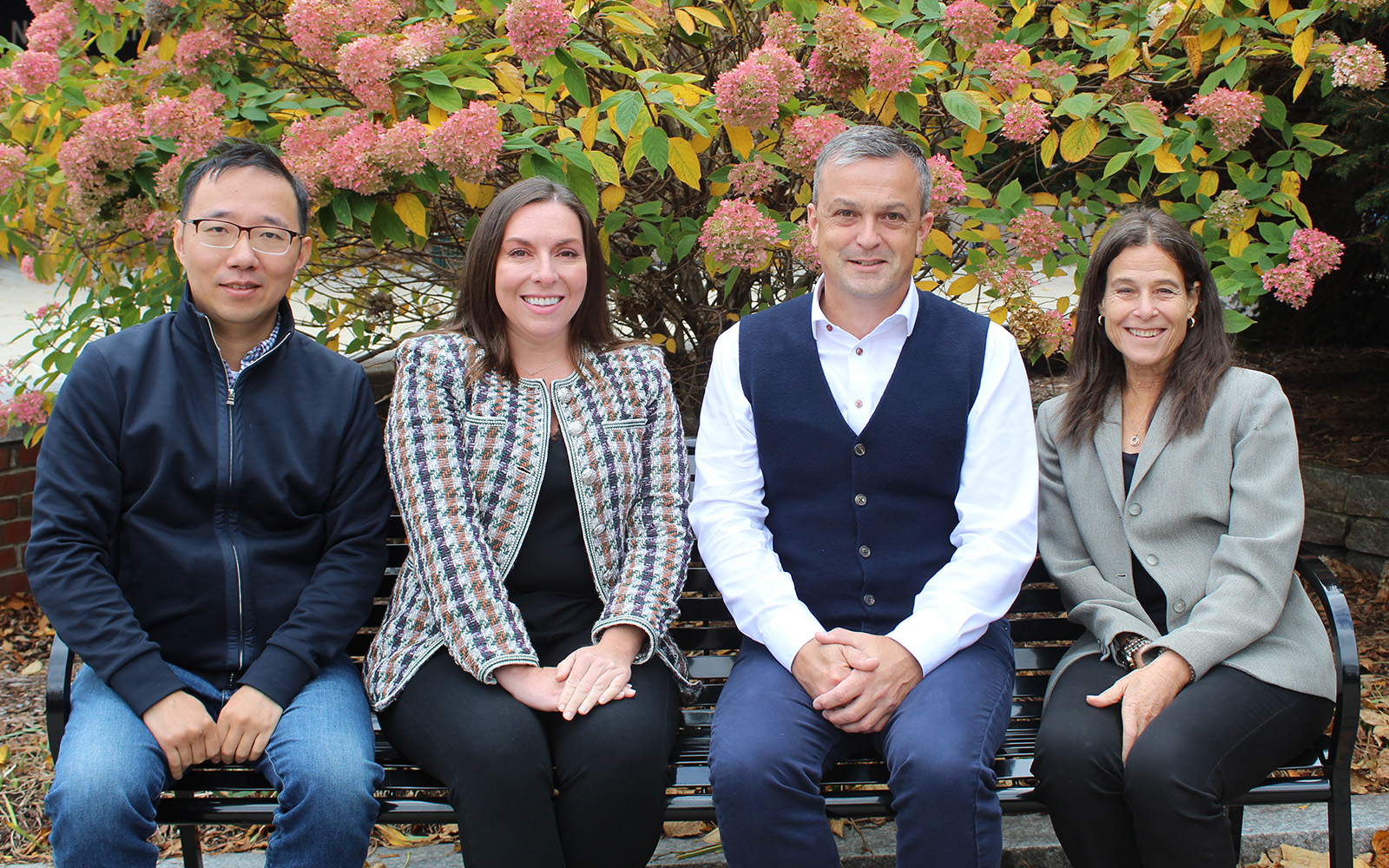
The Marketing Department at the UConn School of Business hosted its 13th annual Voya Financial Colloquium on the topic of “Brands and Brand Relationships.” The event, held on Oct 24th, 2025, brought together researchers from diverse perspectives to discuss the role of brands in the changing landscape.
“This year’s topic is especially timely given recent technological advancements that have left many organizations wondering how to stay relevant. Brands are an extremely powerful marketing tool that companies can, and should, use to their advantage,” said UConn Marketing professor Danielle Brick, who co-organized the event.Continue Reading